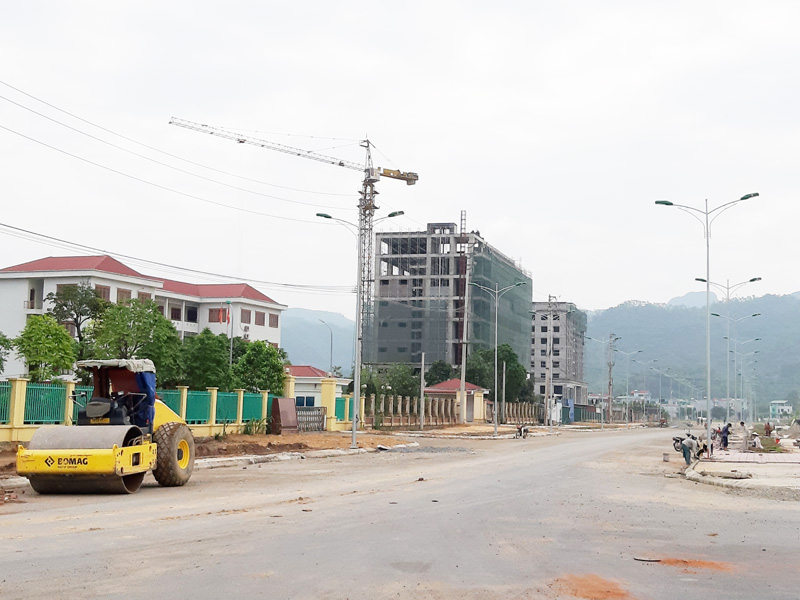


The provincial People’s Committee is directing departments, agencies and localities to step up administrative reform, help remove obstacles faced by enterprises and investors in site clearance, access to land, and improve business climate and the provincial competitiveness.
 The provincial People’s Committee is directing
departments, agencies and localities to step up administrative reform, create
favourable conditions for individuals and organisations to access land to carry
out urban infrastructure projects. Photo is taken at Quynh Lam central planning
area (Hoa Binh city).
The provincial People’s Committee is directing
departments, agencies and localities to step up administrative reform, create
favourable conditions for individuals and organisations to access land to carry
out urban infrastructure projects. Photo is taken at Quynh Lam central planning
area (Hoa Binh city).
The provincial People’s Committee is urging agencies and localities to seriously realise Decision No.02/QD-UBNDA dated January 2, 2019, promulgating a plan to continue key measures to improve business climate and provincial competitiveness for 2019 with orientations to 2021, review the weak component indexes to devise specific measures.
The provincial People’s Committee also asked the Department of Natural Resources and Environment to adopt measures to improve the land access index and reform administrative procedures, cutting time for land use licensing.
At the same time, it requested serious dealing with projects without planning and land-use plans, substantially improving business environment, enhancing open and thematic dialogues with firms to thoroughly address their difficulties, maintain hotlines to promptly update and deal with legitimate suggestions by companies and the public, resolutely discipline officials and cadres who show a poor sense of responsibility and cause difficulties in processing procedures involving firms and the public./.